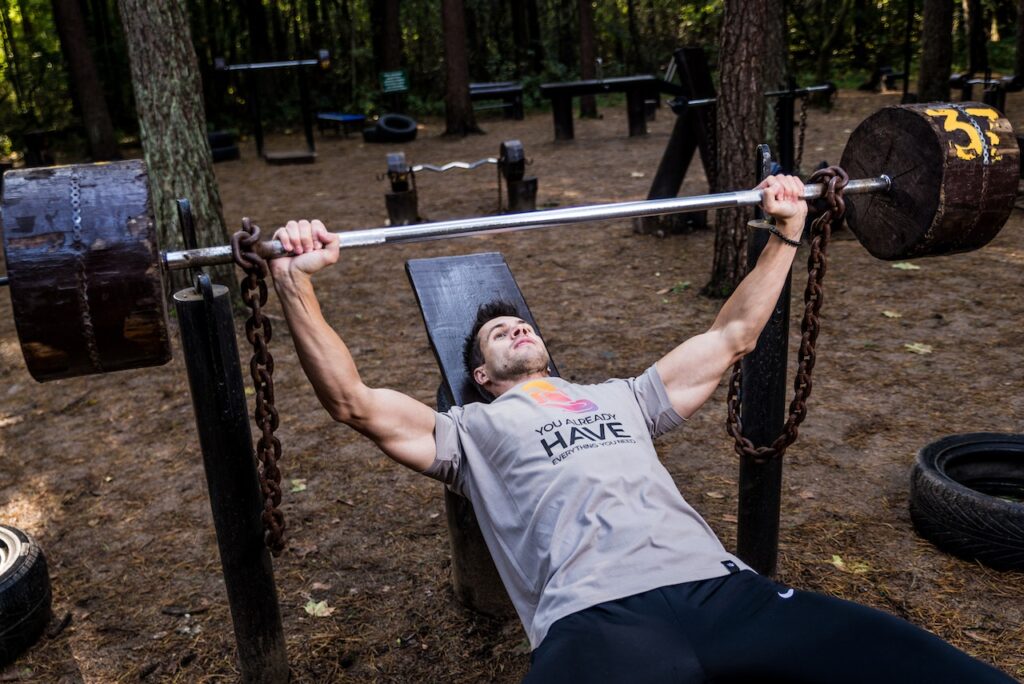The Science Behind Post-Workout Recovery
When we exercise, our muscles undergo a process of breakdown and repair. This is essentially how we build strength and endurance. However, this process relies heavily on an effective recovery phase. During recovery, our bodies work to repair the micro-tears in the muscle tissues caused by strenuous activity. This process is facilitated by proteins and other nutrients, which help to rebuild the muscle fibers stronger and thicker than before.
Additionally, the recovery phase allows the body to replenish its energy stores, primarily glycogen, which is consumed during workout sessions. Adequate recovery ensures that the body has sufficient energy for future workouts, reducing the risk of fatigue and burnout.
Lastly, exercise-induced inflammation is addressed during recovery. While a normal response to physical stress, unchecked inflammation can lead to pain and hinder performance. Recovery allows the body to naturally reduce inflammation and restore balance.
Read our article to choose the right home gym equipment for your needs.

The Role of Relaxation in Recovery
Relaxation plays a critical role in the recovery process. By activating the body’s relaxation response, we can help reduce muscle tension and expedite the repair and recovery processes.
Relaxation techniques can also aid in the psychological aspects of recovery. For instance, they can help improve mood and reduce stress levels, both of which are beneficial for overall health and well-being. Moreover, effective relaxation can enhance sleep quality – a crucial factor in recovery as most of the body’s repair processes occur during sleep.
Struggling with consistency? Read our tips on staying motivated.
techniques for Post-Workout Relaxation: Deep Breathing
Deep breathing is a simple yet powerful relaxation technique that can be incorporated into your post-workout routine. By focusing on your breath, you can help calm your mind and relax your body.
Here’s a quick guide on how to practice it:
- Find a comfortable position. This can be sitting, lying down, or even standing.
- Close your eyes and take a slow, deep breath in through your nose, filling your lungs completely.
- Hold your breath for a moment.
- Slowly exhale through your mouth, emptying your lungs completely.
- Repeat for a few minutes, focusing on the sensation of your breath entering and leaving your body.
With regular practice, deep breathing can become a powerful tool in your recovery toolkit, promoting relaxation and aiding in your overall fitness journey.
Ready to create your dream home gym? Get started with our comprehensive guide.
Techniques for Post-Workout Relaxation: Progressive Muscle Relaxation
Progressive muscle relaxation is another effective method that can aid your post-workout recovery. It involves consciously tensing and then relaxing different muscle groups in your body, from your toes to your head. This technique not only promotes physical relaxation by relieving muscle tension, but it can also alleviate stress and anxiety.
Here’s how you can practice progressive muscle relaxation:
- Start by finding a comfortable place where you can sit or lie down.
- Begin with your toes. Tense them as much as you can and hold for about five seconds.
- Relax your toes and feel the tension release. Stay in this relaxed state for about 15 seconds.
Continue moving up through your body, tensing and relaxing each muscle group until you reach your head.
Remember to breathe deeply and steadily throughout the process. With regular practice, you’ll find this technique can greatly enhance your recovery process.
Nutrition and Hydration for Recovery
Equally crucial to the recovery process are nutrition and hydration. After a strenuous workout, your body needs nutrients to rebuild the muscles and replenish energy stores. A balanced meal or snack containing protein (for muscle repair) and carbohydrates (for energy replenishment) within two hours of your workout can significantly aid recovery.
Hydration is also vital, as fluids and electrolytes lost during workout through sweat need to be replaced. Adequate water intake not only rehydrates the body but also aids in nutrient transport and body temperature regulation.
The Impact of Recovery on Fitness Goals
In the grand scheme of your fitness journey, effective recovery practices can significantly impact the attainment of your fitness goals. Whether you’re aiming for weight management, muscle strength enhancement, or cardiovascular health, adequate recovery ensures your body is well-prepared for consistent and effective workouts. Moreover, with proper recovery, you reduce the risk of injuries and overtraining, both of which could potentially derail your fitness progress.
Free weights or resistance bands? Find out which is best for you.
